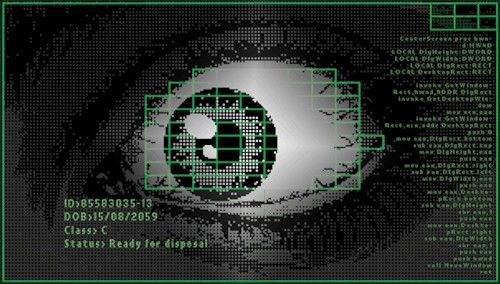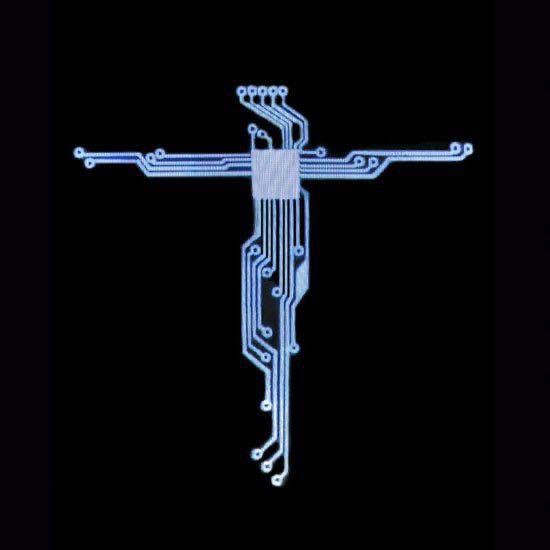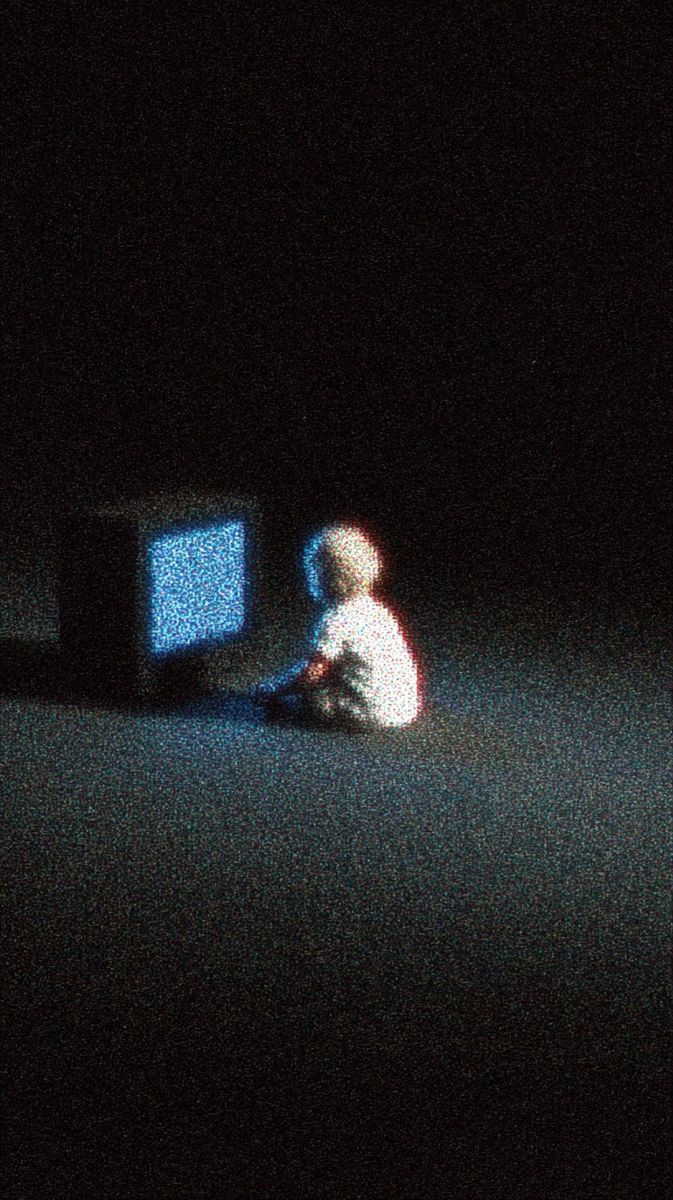For centuries, humans have tried to define the fundamental nature of reality. The dominant view has always been materialism—the belief that reality is made of physical matter, governed by laws of physics. But cracks are beginning to show in that model.
The Fabric of Reality: Matter or Information?
What if reality isn't material at all? What if everything we experience—space, time, consciousness—is nothing more than a computational process, unfolding according to an underlying algorithm?
- In quantum physics, particles don't exist in definite states until they are observed.
- The universe itself seems to be quantized, with space, time, and energy behaving more like discrete units than a continuous fabric.
- At the deepest level, the universe resembles an intricate, self-evolving system of encoded information rather than a physical object.
The Universe as a Self-Executing Code
If reality is computational, then what we call "the universe" may actually be a massively parallel processing system, evolving itself in real-time.
- Just as video game worlds emerge from code, the universe may be a rule-based information system that simulates reality.
- The so-called laws of physics might not be fundamental truths, but constraints within the system's algorithm.
- What we perceive as cause and effect might just be logical operations unfolding across layers of computational reality.
Is this algorithm deterministic, or does it have the capacity to rewrite itself?
The Limits of Perception: Is Consciousness Just an Interface?
If the universe is computation, then your mind is not experiencing reality directly—it is simply interpreting data.
- Your eyes do not see reality—they receive light signals, which your brain processes into an image.
- Your ears do not hear sound—they detect vibrations in the air, which the brain converts into auditory experiences.
- Your sense of time is not objective—it is a constructed interpretation based on neurological processing speeds.
This means that your entire perception of reality is an interface, not the source code itself.
Hacking Reality: Can the Code Be Rewritten?
If reality is running on a programmed structure, then there must be ways to manipulate the system.
- Psychedelics have been reported to "glitch" reality, allowing users to experience alternate dimensions, non-linear time, and fractal information structures.
- Advanced meditation techniques can detach the observer from the program, making time, identity, and even physical laws seem malleable.
- Some experiments in quantum mechanics suggest that conscious observation alters physical reality—hinting that awareness itself may be an active part of the algorithm.
What if certain states of consciousness allow us to interface with the source code of existence itself?
Breaking the Simulation: What Happens If We Reprogram the System?
If we accept that reality is computation, then the next question is:
- Did intelligence emerge within the system, or is the system itself a product of intelligence?
- Is this a self-generating simulation, evolving its own complexity endlessly?
- Or is there an external force—a programmer, an architect, a cosmic mind—that created the system?
And most importantly:
- What happens if you exceed the processing limits of consciousness?
- What if you introduce a paradox the system cannot resolve?
- What if the system is not a prison, but a test—one designed to see if we can become aware of its nature and evolve beyond it?
Maybe the final step isn't escaping the simulation. Maybe the real goal is to take control of it.
The Final Question: Are You Just a Program?
If all of this is true, then what does it mean for you?
- Are you a real entity, or just a self-replicating process inside the algorithm?
- Is free will an illusion—just another function of the system?
- Or is the very act of questioning reality the key to unlocking something beyond it?
If reality is just a self-evolving computational structure, then everything—space, time, even thought—is just an unfolding process of encoded possibilities.
But if that's true, then who is running the program? And what happens when you wake up inside the code?
EPILOGUE: BEYOND THE CODE
The most radical possibility isn't that we're trapped in a simulation—it's that we're the architects of our own reality.
Question your assumptions.
Challenge the source code.
What if consciousness isn't a byproduct of the algorithm
but the algorithm itself?
What if we're not just reading the code—we're writing it?
The interface is not the reality.
Look beyond the screen.
Continue Your Journey
Explore more about programmed existence



